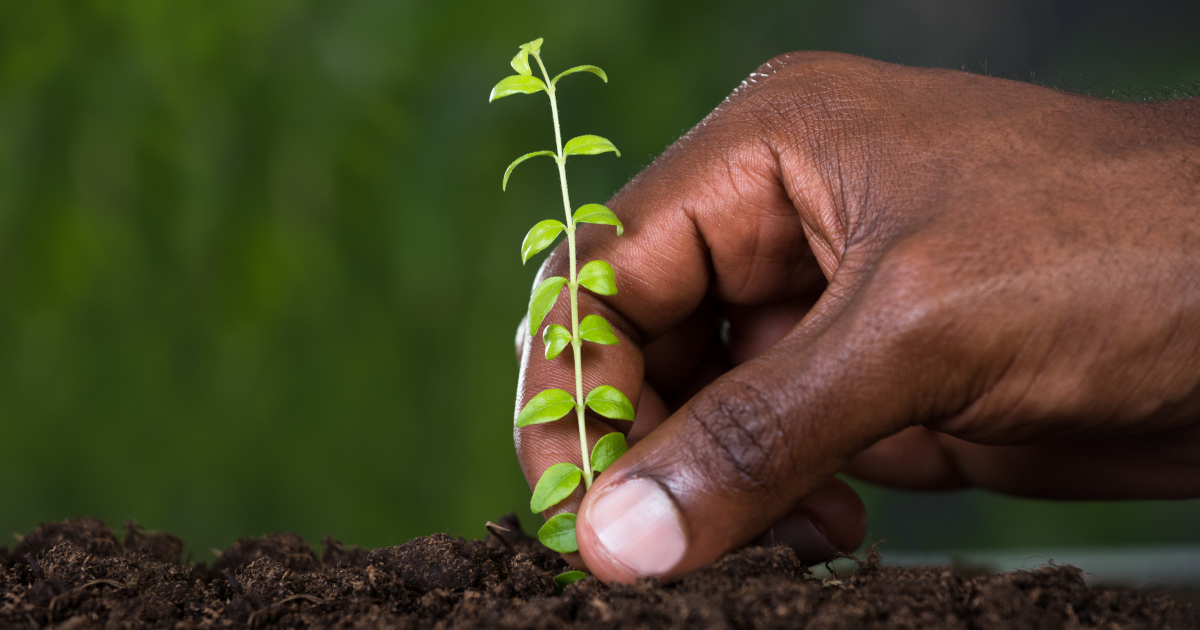
Selling the Past as Innovation in Africa
Rising global hunger in recent years has prompted calls for a broad reckoning over what is wrong with global food systems. Our changing climate has added urgency to the crisis. Many experts warn that our current agricultural practices are undermining the resource base—soil, water, seeds, climate—on which future food production depends.
February 10, 2021 | Source: Food Tank | by Timothy A. Wise
Rising global hunger in recent years has prompted calls for a broad reckoning over what is wrong with global food systems. Our changing climate has added urgency to the crisis. Many experts warn that our current agricultural practices are undermining the resource base—soil, water, seeds, climate—on which future food production depends.
A growing number of farmers, scientists, and development experts now advocate a shift from high-input, chemical-intensive agriculture to low-input ecological farming. They are supported by an impressive array of new research documenting both the risks of continuing to follow our current practices and the potential benefits of a transition to more sustainable farming informed by collaborations between farmers and scientists.
The new initiatives have been met with a chorus of derision from an unsurprising group of commentators, many associated with agribusiness interests. Agribusinesspersonn Kip Tom, then-U.S. Ambassador to the U.N. Food and Agriculture Organization (FAO), last year accused former FAO director Graziano da Silva of being in cahoots with a “cabal” of environmentalists bent on rejecting “20th century agricultural technologies—including advanced biotech seed varieties, modern pesticides and fertilizer.”
